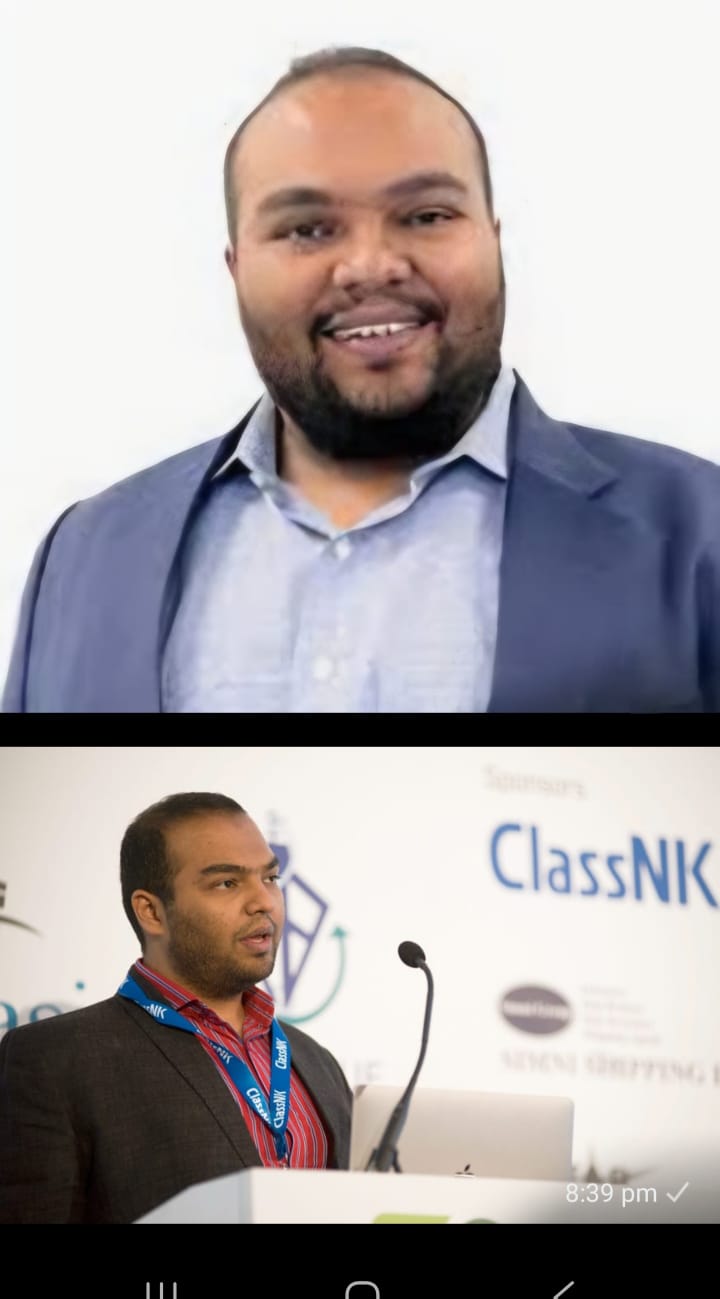
Paralegals are the nerve center of any law firm or legal organization—processing intake, keeping ahead of filing and case calendaring deadlines, reviewing and editing attorneys’ work, and keeping the business running smoothly. When you’re hiring someone to fill a paralegal position, what questions should you ask to assure they are set up for success in their next role?
Below, paralegal Shane Shuma shares his top 5 tips for assessing a new paralegal’s skills, as well as a few questions to ask in your next interview.
What Skills Does a Paralegal Need?
There are a few skills that every great paralegal must demonstrate:
- Ability to multitask
- Attention to detail
- Strong organizational skills
- Ability to look ahead and anticipate business needs
- Strong writing skills
- Professionalism
- Courtesy and “people skills”
The tricky part comes when you must assess a particular paralegal candidate’s skills in just a brief interview.
How Can You Assess a Paralegal’s Skills in an Interview?
Shuma explains, “The quickest way to make sure you and a candidate are on the same page is to ask them what they think are the most crucial skills for a paralegal to have.” Their answer to this question will let you assess whether they understand the expectations of the role and whether they have any specific technical skills that will help them succeed with your organization.
You’ll also want to spend some time just chatting—because paralegals must deal with attorneys, clients, and members of the public, it’s important for them to be able to defuse tense situations (like a job interview) and put others at ease.
Questions to Ask While Interviewing a Paralegal
Just a few of the questions you may want to ask include:
Describe the tools you use in your work as a paralegal.
This will reveal what software, systems, and other tools your paralegal candidate is most familiar with. Keep an eye out for discussion of planning, time management tools, and case management tools, and ask follow-up questions about the applicant’s success using specific tools or processes.
How have you helped improve your efficiency in previous roles?
In many law firms and organizations, the quickest answer to “Why do we do this?” is “That’s the way we’ve always done it.” A top paralegal will not only learn current processes, but identify ways to improve them, eliminate redundancies, and make them more efficient. Your candidate should be able to point out one or two ways they’ve contributed to efficiency in their prior roles.
What is a weakness that isn’t actually a secret strength?
It’s tempting for many job applicants to describe their “weaknesses” as inverted strengths—working too hard, caring too much, or being too passionate. This question urges the applicant to sidestep these canned answers and come up with something genuine. “Instead of being a ‘gotcha’ question,” says Shuma, “this question encourages applicants to identify not only a real weakness but the steps they’ve taken and are taking to overcome it.”
Describe the role you’ve played on your previous legal teams.
Every legal workplace is a little different, so assessing the roles a paralegal has played—whether support staff, chief researcher, or the organizational hub—can give you a better idea of how well they’ll fit into your team and culture.
How do you handle stress in the workplace?
Any role in the legal field means working under pressure. Many of the clients your firm sees are experiencing some of the worst times of their lives—divorce, bankruptcy, or a serious medical condition. It’s crucial to be able to stay calm and avoid lashing out. Your ideal paralegal candidate will be able to describe a time or two when they remained composed and professional while handling conflicts or helped defuse a tense situation.
What’s your process for proofreading legal documents?
“Attention to detail is one of the most important skills your paralegal will have,” explains Shuma, “and nowhere does this come into play more than when proofreading legal documents.” A paralegal candidate should be able to clearly describe how they spot and correct errors—as well as how they bring these errors to their supervisor’s attention.
By asking some of these questions and having a genuine conversation with the candidate, you’ll be well on track to finding the ideal paralegal for your firm or organization.
About Shane Shuma:
Shane Shuma graduated from high school as valedictorian and continued on to receive a number of awards during his undergraduate studies at Dickinson College. He is a paralegal for Scott & Associates in Mechanicsburg, Pennsylvania, and also maintains a team lead position with Chick-fil-A. Mr. Shuma holds his Bachelor of Arts in Law & Policy and served as a tutor at Dickinson College’s Writing Center.






